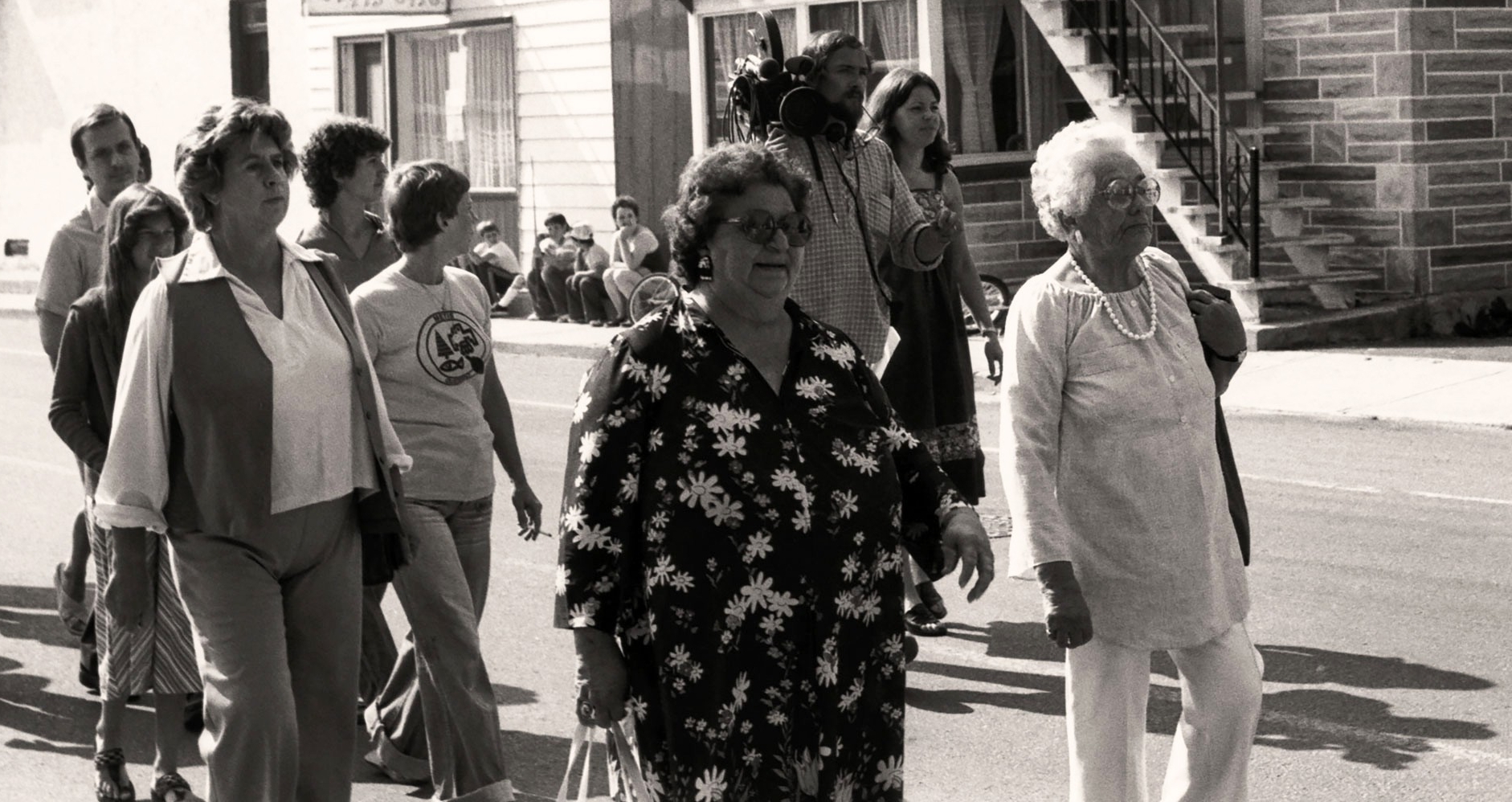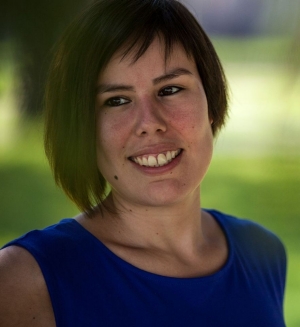Using never-before-seen archival footage and audio recordings, Montour created a moving and deeply personal conversation with Two-Axe Earley — who died in 1996 at the age of 84 — about her experience in fighting for change.
“I think it's so special that the film allows Mary to tell her own story, in her own words,” says Montour, who like Two-Axe Earley, is from Kahnawà:ke, south of Montreal.
“It's so personal and intimate. It is also fitting as an honour to her since this is the first film that was ever made on Mary.”
Produced by the National Film Board of Canada (NFB), the documentary won best documentary short at both imagineNATIVE Film + Media Arts Festival and the American Indian Film Festival.
“The film is first and foremost for Indigenous and First Nations peoples to reflect on this history that is still impacting them today,” explains Montour.
“They might not know the origin of the story or Mary's name. Because this history is not that accessible, it's also a step towards learning about where you're from, and who you are,” she adds. “It’s learning about all of the women who have worked tirelessly throughout their lives to support you as an Indigenous person — it’s because of them that you are part of your community.”
‘A chance to connect and learn’
Since graduating from Concordia’s Department of Journalism, Montour has worked in the documentary film and digital media fields, exploring issues of Indigenous identity. In addition to her most recent film, Montour directed, wrote and co-produced Flat Rocks (2017), and directed Sex Spirit Strength (2015), which won Best of Festival and the Emerging Filmmaker awards at the 2016 Yorkton Film Festival. She has directed episodes for several documentary series including Mohawk Ironworkers (2016) and Skindigenous (2021).
Montour also co-created and coordinated McGill University’s Indigenous Field Studies Course, held in Kahnawà:ke.
“Being at Concordia was a chance for me to connect and learn from a diverse Indigenous population,” reflects Montour. “I also worked at the Otsenhákta Student Centre, which really instilled the passion I have for educating.”
 In 1979, Mary Two-Axe Earley (pictured centre) and other women embarked on a four-day walk from Kahnawà:ke to Ottawa to protest sex discrimination in the Indian Act against First Nations women.
| Photo: Odette DesOrmeaux, courtesy of the National Film Board of Canada
In 1979, Mary Two-Axe Earley (pictured centre) and other women embarked on a four-day walk from Kahnawà:ke to Ottawa to protest sex discrimination in the Indian Act against First Nations women.
| Photo: Odette DesOrmeaux, courtesy of the National Film Board of Canada
 Courtney Montour is a documentary filmmaker, exploring issues of Indigenous identity. | Photo: Liam Maloney, courtesy of the National Film Board of Canada
Courtney Montour is a documentary filmmaker, exploring issues of Indigenous identity. | Photo: Liam Maloney, courtesy of the National Film Board of Canada